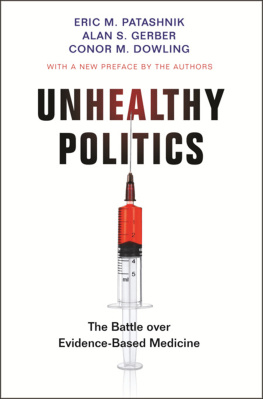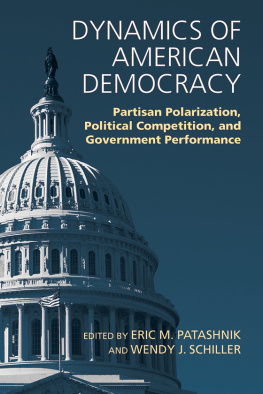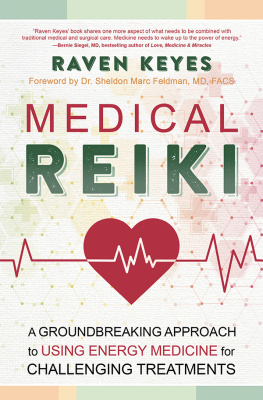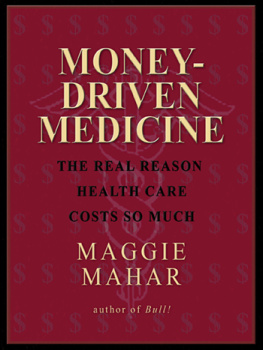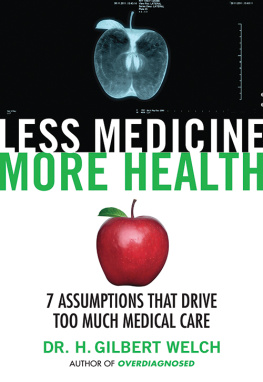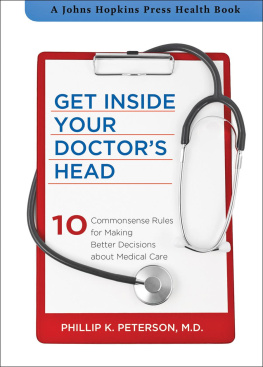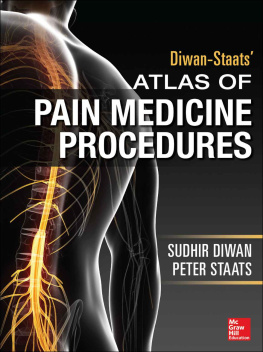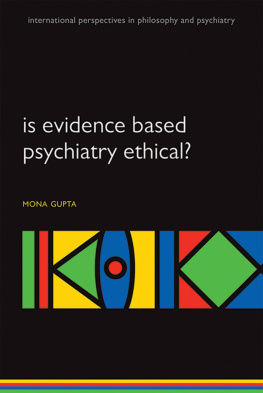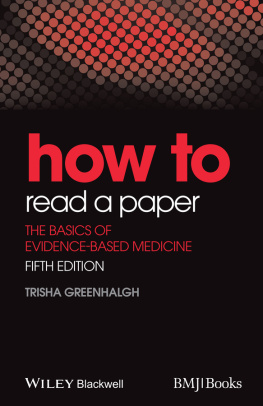UNHEALTHY POLITICS
Unhealthy Politics
The Battle over Evidence-Based Medicine
Eric M. Patashnik
Alan S. Gerber
Conor M. Dowling
With a new preface by the authors
PRINCETON UNIVERSITY PRESS
PRINCETON AND OXFORD
Copyright 2017 by Princeton University Press
New preface by the authors copyright 2020 by Princeton University Press
Published by Princeton University Press,
41 William Street, Princeton, New Jersey 08540
In the United Kingdom: Princeton University Press,
6 Oxford Street, Woodstock, Oxfordshire OX20 1TR
press.princeton.edu
Jacket / Cover image courtesy of Shutterstock
All Rights Reserved
First paperback edition, 2020
Paperback ISBN 978-0-691-20322-5
Cloth ISBN 978-0-691-15881-5
Library of Congress Control Number: 2019953669
British Library Cataloging-in-Publication Data is available
This book has been composed in Adobe Text Pro and Gotham
Printed in the United States of America
CONTENTS
LIST OF FIGURES AND TABLES
PREFACE TO THE PAPERBACK EDITION
The central theme of this book is that the U.S. political system is failing to ensure that medical treatments are based on evidence about what works best for particular conditions. Too many patients receive treatments that are less beneficial than other treatment options or even harmful. In many instances, we simply dont know what treatments are most effective because rigorous studies have never been done. There are no mechanisms to ensure that gaps in the medical evidence are quickly addressed and that clinically significant questions are answered. Even when scientists determine that an existing treatment has little value, patients may continue to receive it. The integration of research into clinical practice occurs slowly. It can be hard to get doctors to abandon a treatment contradicted by evidence, especially if their peers use the treatment and it constitutes a large share of their practices.
The use of treatments not supported by strong evidence not only wastes resources. It also has real consequences for patients. Consider the treatment of angina, or stable chest pain. Each year, more than a half million heart patients worldwide undergo a procedure (percutaneous coronary intervention, or PCI) in which a doctor inserts a stent to open up clogged arteries. The procedure costs $11,000 to $41,000 in U.S. hospitals. One might think that the benefits of PCI would have been carefully studied before it entered clinical practice forty years ago. In fact, the first blinded, placebo-controlled trial of PCI was published only in 2018. The study (called ORBITA) found that PCI did not increase exercise tolerance (the primary end point) by more than the effect of a placebo procedure. (All patients in the trial received drugs like beta blockers before they were randomly assigned to receive a drug-eluting stent or a sham procedure.)
The landmark ORBITA study offers a window into the dynamics we explore in this book. At a conference at Yale University in 2018, we brought together leading cardiologists to discuss ORBITA and how the medical community is responding to its findings.) when studies have challenged the efficacy of treatments in their respective practice areas.
Unhealthy Politics shows that the coalition for evidence-based medicine is weak. It includes too few doctors and attracts too little energy and political entrepreneurship from policy makers. We explore evidence-based medicine not only to illuminate the performance of the U.S. health care sector, but also as a vehicle to investigate a basic question about democratic politics: Can government serve as a problem-solving institution in sectors, such as medicine, in which prestigious professional groups are a dominant actor? In our modern society, we depend on professionalsdoctors, lawyers, engineers, accountants, architects, economists, and othersto manage a wide range of complex tasks. But what happens if professionals do not consistently and energetically use their training, expertise, and social influence to address demonstrated failures in the performance of the sectors in which they play a leading role? Can government catalyze changeor do political forces serve to perpetuate the status quo?
We delegate authority over medicine to physicians for a good reason. Physicians undergo specialized training and are much more knowledgeable than patients about how to treat illnesses. Even in an era when many of us search the Internet for our symptoms and therapeutic options, most people believe doctors know best. But the delegation of medical authority rests on a social contract. According to the American Board of Internal Medicine Foundation, this social contract encompasses many commitments: placing the interests of patients above those of the physician, uphold[ing] scientific standards, and working collaboratively with other professionals to reduce medical error, increase patient safety, minimize overuse of health care resources, and optimize the outcomes of care.Unhealthy Politics shows that when the medical profession fails to fulfil these commitments, the U.S. political system struggles to respond.
To be sure, efforts are being made to strengthen the evidence base of medicine. The most noteworthy public policy development of the past decade has been the creation of the Patient-Centered Outcomes Research Institute (PCORI) as part of the Affordable Care Act (ACA). PCORIs mission is to help patients, physicians, payers, and policy makers make informed decisions by producing and disseminating comparative effectiveness research (CER) on medical services. While CER is a public good, the creation of PCORI sparked controversy during the ACA debate. Drug and medical device companies, along with many Republicans in Congress, feared the agency would ration care and interfere with the doctor-patient relationship. To allay these concerns, the ACA set up PCORI as an independent, nonprofit agency (not part of the Department of Health and Human Services) with a narrow mission. For example, it was prohibited from using study results to mandate coverage and reimbursement decisions or practice guidelines. In sum, Congress recognized that evidence about what treatments work best is often missing and created PCORI to encourage its production. At the same time, however, Congress was wary of giving PCORI regulatory powers or other tools to make it more likely that this information would influence delivery patterns and resource allocation decisions.
From the standpoint of bringing about the transformations required for an evidence-based health care system, PCORI faced three key challenges during its initial, ten-year authorization period: to overcome the controversy of its birth and escape early termination, to begin to have a meaningful impact on clinical practice, and to build a public reputation among key stakeholders for relevance. Unlike the Independent Payment Advisory Board (which Congress repealed in 2018) PCORI has passed the political survival test. Congress renewed PCORI for another ten years in December 2019 on a bipartisan basis as part of a year-end spending package. The renewal included only minor tweaks to PCORIs mission, financing, and governance. PCORIs reauthorization also reflected support among medical schools and researchers who have received PCORI grants and wish to see this funding stream continue.
While PCORI has endured, it is still struggling to have a significant impact on clinical decisions and build a reputation among the public. Thus far, PCORI-funded studies have generated evidence on topics such as the value of daily self-monitoring for people with type 2 diabetes and the effects of more frequent versus less frequent screening for colorectal cancer, but its work has not yet had a major influence on the use of unproven or low-value treatments in most areas of clinical practice or on the trajectory of national health spending.

